CTBT is one of the most ambitious international treaties after the UN Charter and the NPT. International lawyers who are familiar in routine with the international multilateral treaties, their format and their structuring can truly appreciate the extraordinary all encompassing nature of this treaty. Its outstanding feature is the universal consensus accorded to it, which very few treaties have ever enjoyed. It is a high point in the development of international Law to see that states have voluntarily allowed an international organization (CTBT) to make in roads in their domestic affairs and with uniform willingness. At present, the nuclear debate in South Asia is hovering around the singing of the CTBT. The debate seems to be divided between the hawks and the doves. The former are against the singing of the CTBT, believing it to be a tool of Western diplomacy while the latter are in favour of singing the treaty. They argue from the viewpoint of human security and the fact that the development needs of the people should be accorded top priority. It is argued here that a comprehensive view of the positive and negative fall out of this debate can be easily assessed if the economic aspect is taken into account. Then only can we derive an answer to the larger question of whether ‘military’ security or ‘economic’ security should take priority in the South Asian context.
The CTBT Debate in Pakistan
by Moonis Ahmar
$16.20
$18.00
In stock
Free & Quick Delivery Worldwide
All orders amounting to US$ 50 or more qualify for Free Delivery Worldwide. For orders less than US$ 50, we offer Standard Delivery at $14 per book.
ABOUT THE AUTHOR Moonis Ahmar
Moonis Ahmar is Professor, Department of International Relations, University of Karachi, Pakistan and Director, Programme on Peace Studies and Conflict Resolution. He specializes in Conflict Resolution and Confidence-Building Measures in the regions of Central Asia, Middle East and South Asia. He is the author of two books, and five monographs he has edited the books entitled, contemporary Central Asia (Department of International Relations and Hanns Seidel Foundation, 1995), Internal and External Dynamics of South Asia Security (Karachi: Fazleesons, 1998), The CTBT Controversy In South Asia (Karachi: Department of International Relations, 2000), The Challenge of Conflict Resolution, 2001), Arab-Israeli Peace Process: Lessons for South Asia (Karachi: Oxford University Press, 2001), Paradigms of Conflict Resolution in South Asia (Dhaka: University Press Limited, 2003), The World After September 11: Challenges and Opportunities (Karachi: Program on Peace Studies and conflict Resolution, 2003). He has published his writing in, Asian Survey (Berkeley), BIISS Journal (Dhaka), Contemporary South Asia (Oxford), Central Asia (Peshawar), Eurasian Studies (Ankara), Journal of European Studies (Karachi) Pakistan Journal of American Studies (Islamabad), National Development and Security (Islamabad), Pakistan Perspectives (Karachi) Pakistan Journal of American Studies (Islamabad), Peace Initiatives (Mumbai), Regional Studies (Islamabad), South Asian Studies (Lahore), Strategic Studies (Islamabad) and World Affairs (New Delhi). Presently he is working on a Database on Terrorism and Violent Conflicts in South Asia. He was also the Project Director of Ford Foundation/International Relations Department Research Project, "Peace by Process: Lessons for India and Pakistan from the Middle East," and has also received grants from the United States Institute of Peace, Washington DC and Ploughshares Fund, San Francisco, Higher Education commission (HEC), Islamabad and Faculty of Arts, University of Karachi. Dr. Ahmar has organized several International and National Workshops and Seminars.
reviews
0 in total
Review by Anonymous
Be the first to review “The CTBT Debate in Pakistan” Cancel reply
You must be logged in to post a review.
Bibliographic information
Title
The CTBT Debate in Pakistan
Author
Edition
1st ed.
Publisher
ISBN
8124108188
Length
200p., 23cm
Subjects
tags
#Pakistanmore by Moonis Ahmar see more
The Arab-Israeli Peace Process: Lessons for India and Pakistan
With the peace talks between ...
$23.75
$25.00
similar bookssee more
Russia-China and Pakistan Relations
$69.30
$77.00
Modernization of Indian Tradition
$59.40
$66.00

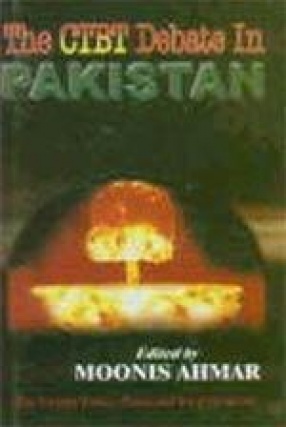
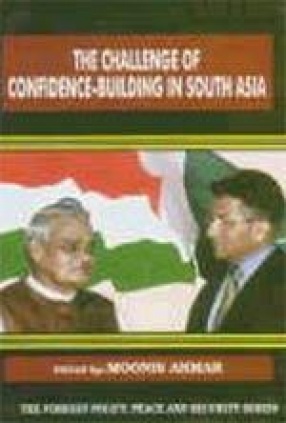
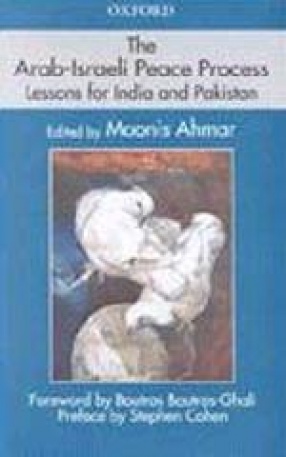
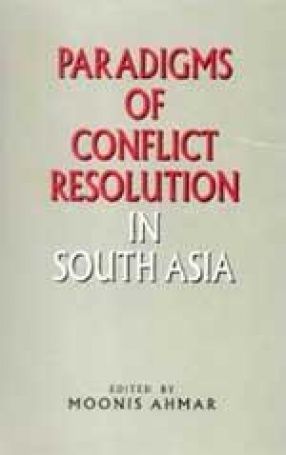
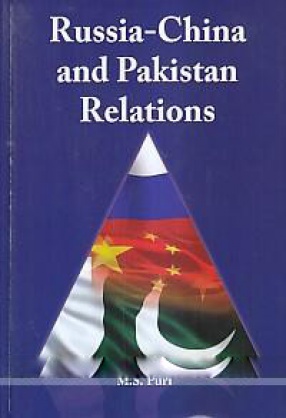


There are no reviews yet.